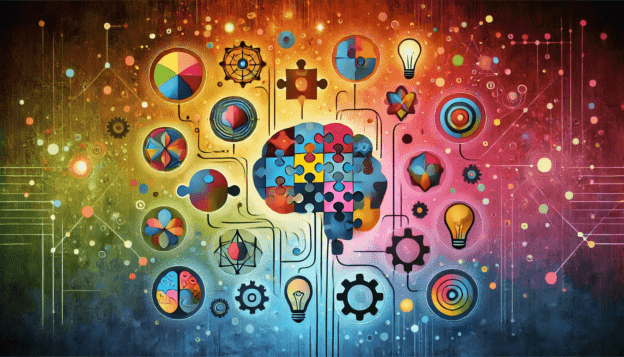For me, and for many neurodivergent people, the way we interact with technology isn’t just a matter of preference. It’s about accessibility, functionality, and ease-of-use in a world that too often ignores our needs. People like me who aren’t great at coordination or balance, and who have Autism, ADHD, Asperger’s, or Dyspraxia, struggle to use “simplified” products.
Continue reading



